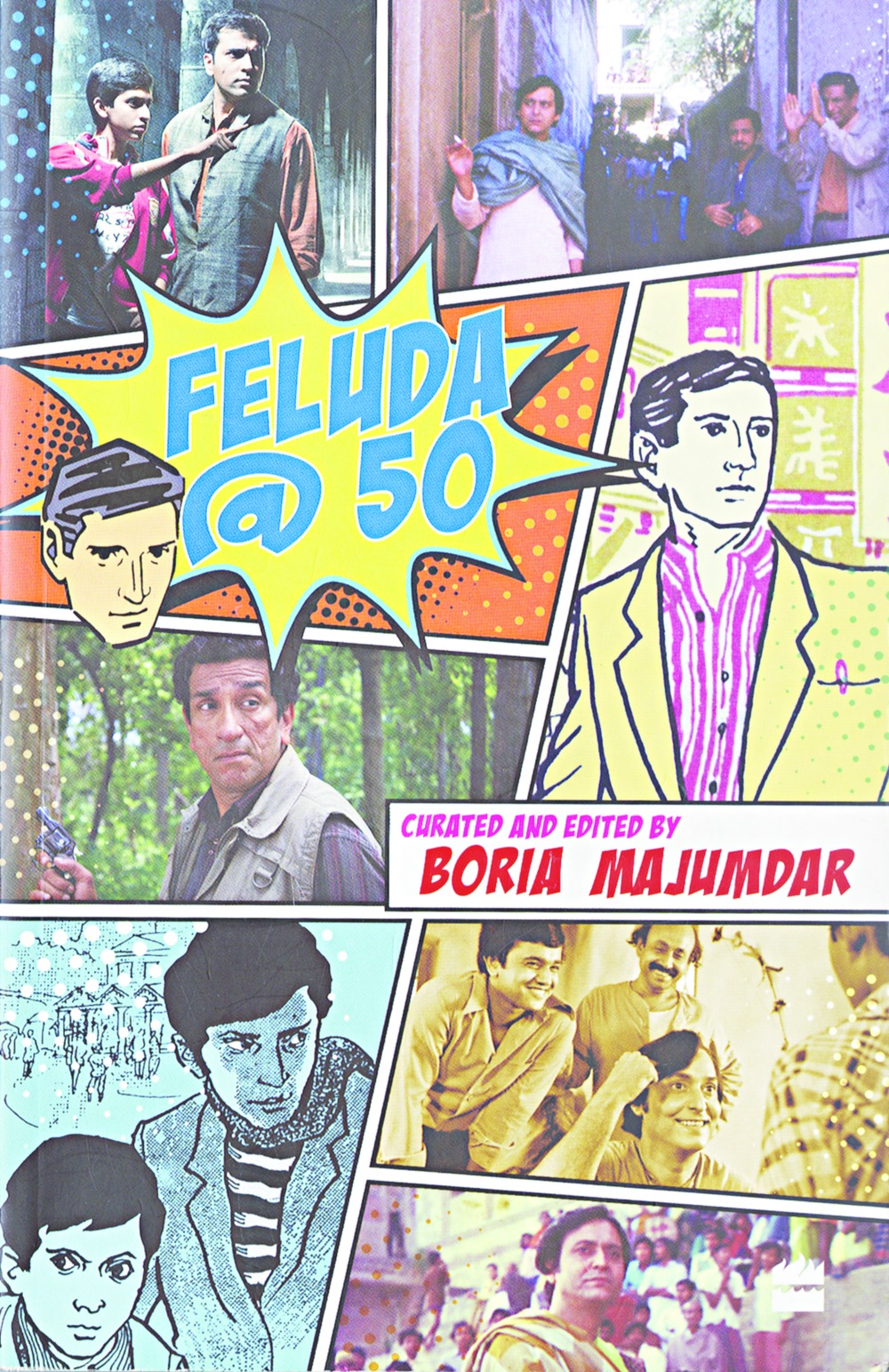Hard work and tough lives
♦ KUSUMABALE (Oxford, Rs 250) by Devanoora Mahadeva leads us to a ‘world of spirits ruled by a strong sense of justice’. But Mahadeva’s book is not about the paranormal. Rather, it highlights the harsh realities faced by the Dalit community, and is an extraordinary account of feudal oppression. A turning point in modern Kannada literature, Kusumabale would not fail the reader of English fiction. The translator, Susan Daniel, has done a commendable job. This is her first full-length translation. The translator’s note lucidly captures the challenges that any translator has to grapple with, the foremost being the question of remaining faithful to the tone and essence of the original work.
♦ SRI LANKA: THE NEW COUNTRY (HarperCollins, Rs 499) by Padma Rao Sundarji is an unusual insight into the bloody conflict that left the island country paralyzed for a long time. Written with the dispassionate observation that a foreign correspondent who has covered the civil war for two decades can boast of, Sri Lanka is peppered with rich memories in the form of anecdotes. The author takes the reader on a trip through Sri Lanka’s formerly embattled north and the east. In the course of this journey, widely-held stereotypes about the country are challenged and the dreams and aspirations of a wonderful people revealed.

♦ MSD: THE MAN, THE LEADER (Rupa, Rs 195) by Biswadeep Ghosh chronicles the journey of Mahendra Singh Dhoni from the dusty alleys of Ranchi to the dizzying heights of success as captain of the Indian cricket team. Admirers of all ages hail Dhoni as ‘Captain Cool’, one whose laidback style of leadership won India two World Cups — in the 50-over and Twenty20 formats — and a Champions Trophy, apart from the number one ranking in Tests. This is an unprecedented feat in world cricket. However, not many know that before donning the India jersey, Dhoni was a train ticket examiner with the South Eastern Railway and was posted at Kharagpur. Ghosh acquaints readers with details such as these about Dhoni’s life. This highlights why, in spite of having suffered his fair share of disappointments, Dhoni never loses heart and continues to work hard and succeed.
♦ LESSONS FROM RUSLANA: IN SEARCH OF TRANSFORMATIVE THINKING (HarperCollins, Rs 299) by Amit Dasgupta examines the question of ‘why we do what we do’. The book begins by talking about Ruslana Korshunova, a Russian supermodel, who, in spite of her fame and money, jumped from her luxury apartment in Manhattan and killed herself. Dasgupta then goes on to explore the genesis of our unhappiness — the questions that haunt us — ‘why am I unhappy, why do I fail, will I ever matter?’ The author draws inspiration from a wide range of sources — these include John Berger, Akira Kurosawa and Zen Buddhism — to motivate his readers. Although the attempt is noble, the ‘mind-boxes’ Dasgupta talks about might leave the readers more confused. One would have appreciated his work more had he explained his concepts a little more lucidly.
♦ APEETHA (Oxford, Rs 375) by La.Sa. Ramamirtham is part of the Oxford Novellas series, an initiative launched last year to translate works from different Indian languages and from different periods in time into English. Set in Karadimalai, Apeetha deals with the protagonist’s inner conflict when he comes face-to-face with the daughter of his teenage love: the daughter is a living image of her mother. Padma Narayanan has tried to accomplish the difficult task of translating the work of Ramamirtham, a man known for his complex use of language.











